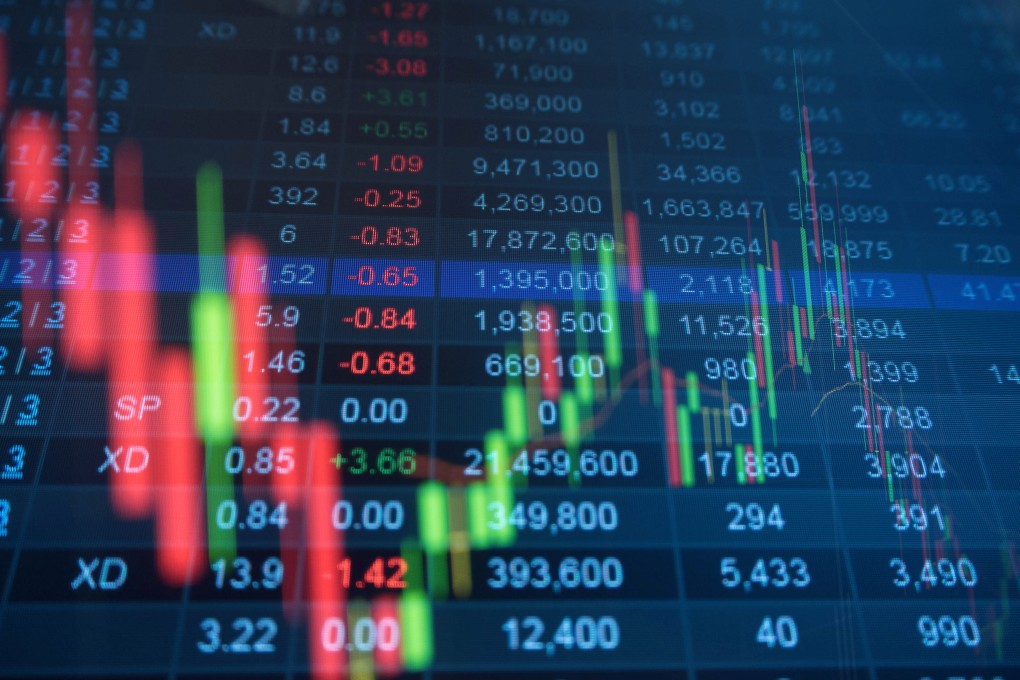Hong Kong stocks tumble as Fed makes hawkish policy downshift and China’s November data trails market consensus
- The Federal Reserve says it has a ‘ways to go’ in fighting inflation, adding that it is premature to expect a rate cut
- China’s retail sales, industrial production both missed market consensus as slowdown deepened in November

The Hang Seng Index dropped 1.6 per cent to 19,368.59 at the close, keeping the market near a three-month high as the city’s monetary authority raised its base rate in lockstep with the Fed. The Tech Index slumped 2.4 per cent while the Shanghai Composite Index retreated 0.3 per cent.
Interest rate-sensitive stocks led losses. Country Garden Services slid 1.5 per cent to HK$18.68, and developer Longfor Group fell 0.6 per cent to HK$25.30. HSBC fell 1.8 per cent to HK$47.20, and its subsidiary Hang Seng Bank slipped 0.4 per cent to HK$127.70. Alibaba Group retreated 4 per cent to HK$85.90, and Meituan lost 3.3 per cent to HK$176.80.
“The comments indicate that there is more work to do on inflation and rates are expected to still move higher and [stay] above their long-term target for longer,” said Raf Choudhury, investment director of multi-asset solutions at UK money manager Abrdn in Sydney. “We expect a slump in demand for goods as economic growth contracts as financial conditions tighten even further.”